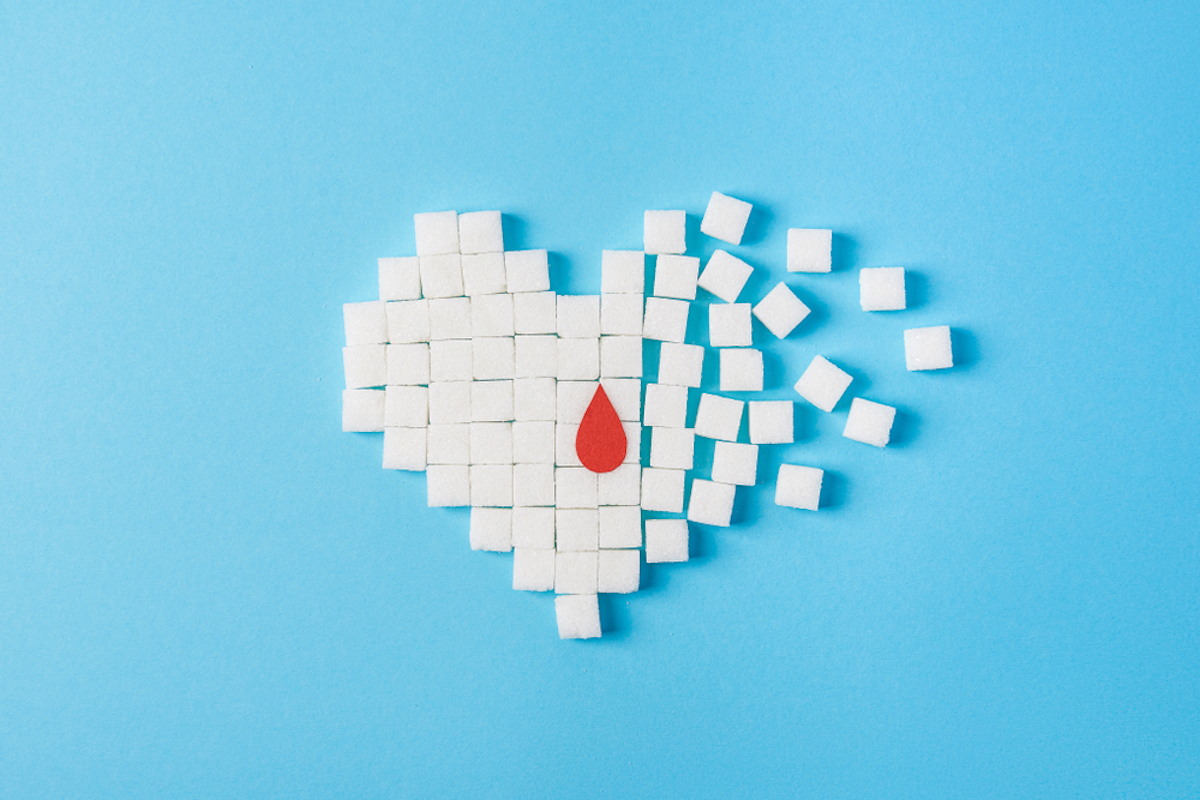The older we get, how harder it is to stay healthy. Not only does our age change, but our body also gets more and more ailments. If you do not intercept these ailments in time, it can lead to major physical problems. That’s why it’s important that as you get older, you visit your doctor regularly to check things like your blood sugar levels, hearing, sight, blood pressure, and cholesterol levels. No matter how healthy you feel, get these things checked regularly and prevent major health problems in the future, such as diabetes type 2, arthritis, and heart disease.

Warning Signs of Hypoglycemia
Normal blood sugar levels are important for everyone, regardless of gender, age, or race. This will help prevent or delay severe health problems vision loss, and kidney diseases. Keeping your levels within your target range is important because having low blood sugar – also called hypoglycemia – or high blood sugar – also called hyperglycemia – are both very dangerous. Warning signs of hypoglycemia are:
- Fast heartbeat
- shaking
- Sweating
- Nervousness or anxiety
- Irritability or confusion
- Dizziness
- Hunger
Warning signs of Hyperglycemia
It’s also possible that you don’t experience symptoms at all. This makes it much harder to treat your low blood sugar and can be very dangerous. People suffering from diabetes for more than 5 years, or frequently have low blood sugar or take medicines, like beta-blockers, have an increased risk of hypoglycemia unawareness, so if you fall in (one of) these categories, make sure to check your blood sugar level regularly. Warning signs of hyperglycemia are:
- Increased thirst
- Dry mouth
- Peeing more frequently than normal
- fatigue
- Blurred vision
- (Unintentional) weight loss
- Recurrent infections, like UTI’s, thrush and/or skin infections
When you experience these symptoms, it’s important to talk to your professional healthcare provider, because long-term high blood sugar can indicate diabetes. This isn’t the only reason for low or high blood sugar.
Before I tell you about possible causes and treatments, it’s good to know what blood sugar actually is, what a healthy – thus normal – range should be, and how someone can measure this. Blood sugar, also known as glucose, is the main sugar found in the bloodstream. Glucose comes from foods and drinks you consume and is the body’s main energy source. Continue reading on the next page and discover, among others, what a healthy blood sugar for you should be.

